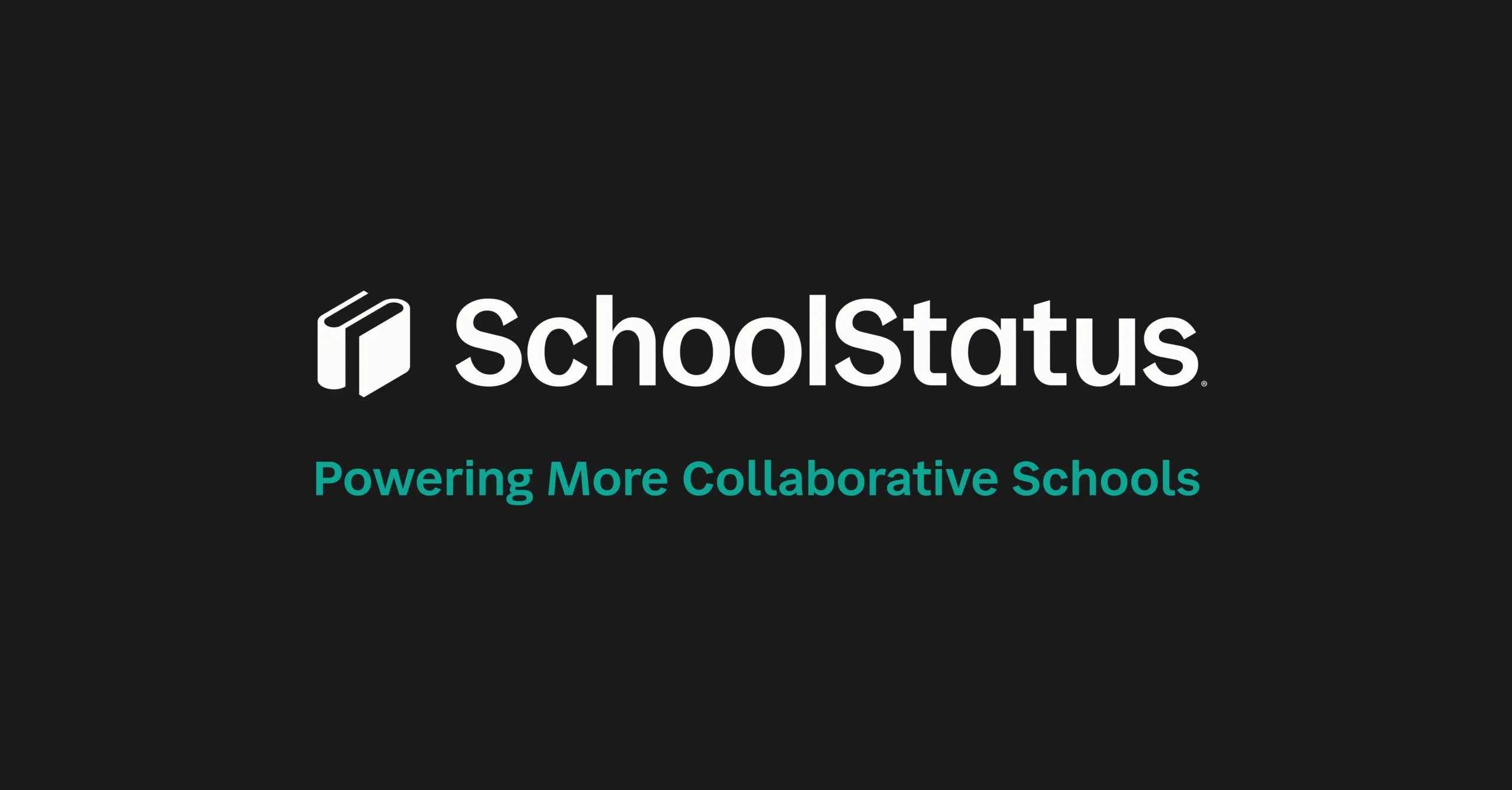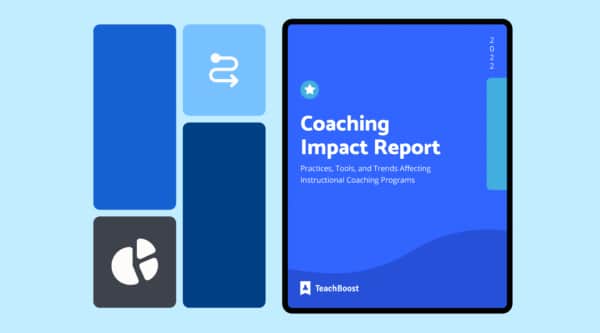By now you’ve heard about the brouhaha over Time’s apple-smashing cover story onVergara v. California. Time has posted a number of thoughtful responses, all worth reading. Randi Weingarten’s is especially notable, and is neatly summarized with her closing paragraph:
Instead of hammering teachers, let’s smash inequality and underfunding. Let’s work together to do what evidence and common sense tells us works to help children succeed: Support and preparation for educators. Manageable class sizes. Time to collaborate. Rigorous standards with engaging curricula, including art and music. Early childhood education. Career and technical education. More project-based learning, less testing. Wraparound services to address kids’ social, emotional and health needs. Family and community engagement. Let’s work together to reclaim the promise of public education for all children.
Hear! Hear!, Randi. California’s tenure law may be problematic, but it isn’t a root cause of any of public education’s deepest problems.
Revising the law, and “fixing” tenure, won’t be a solution either.
Most educational technology companies are in the business of finding these solutions. That’s not to say that edtech will cure all that ails education; it won’t. Technology is hardly a panacea. But it can be part of the solution.
In fact, Randi’s list of solutions reads like a grab bag of edtech startup mission statements. We’ve already moved on a couple of them. TeachBoost is designed to reinvent teacher support and preparation, as well as to promote and create time for meaningful collaboration among teachers. I can think of a company for every other idea too. Whatever our focus, we’re all trying to help students learn more, and improve American education accordingly.
Whether the solutions are technological, legislative, or otherwise, the salient point in all the responses to Time’s article is that demonizing teachers sets matters back further, exacerbating problems rather than trying to solve them. Teachers are professionals. They’re not all bad or all good. Teachers should be rewarded for excellent work, and mentored and supported in pursuit of excellence. All teachers should be held to reasonable standards that serve the best interest of our students.
This is not a novel argument; in fact, plenty of organizations work under this premise every day. We just never hear about them.
If we improve the tenor of public discourse on education, we can highlight and capitalize on all the excellent work going on in private and public sectors to solve education’s problems. Instead of playing defense, the community of like-minded problem-solvers can expand their impact exponentially. Time, of course, has full editorial license to choose the narrative that will sell more magazines, but the promise of a bright future makes for an attention-grabbing storyline, too. Given how much great work we see every day from our colleagues and friends in education, the story shouldn’t be too hard to write. Give us a call (or tweet); we’d be happy to help!
{{cta(‘2adf976e-c131-4710-911b-250fac8cc9c7’)}}










